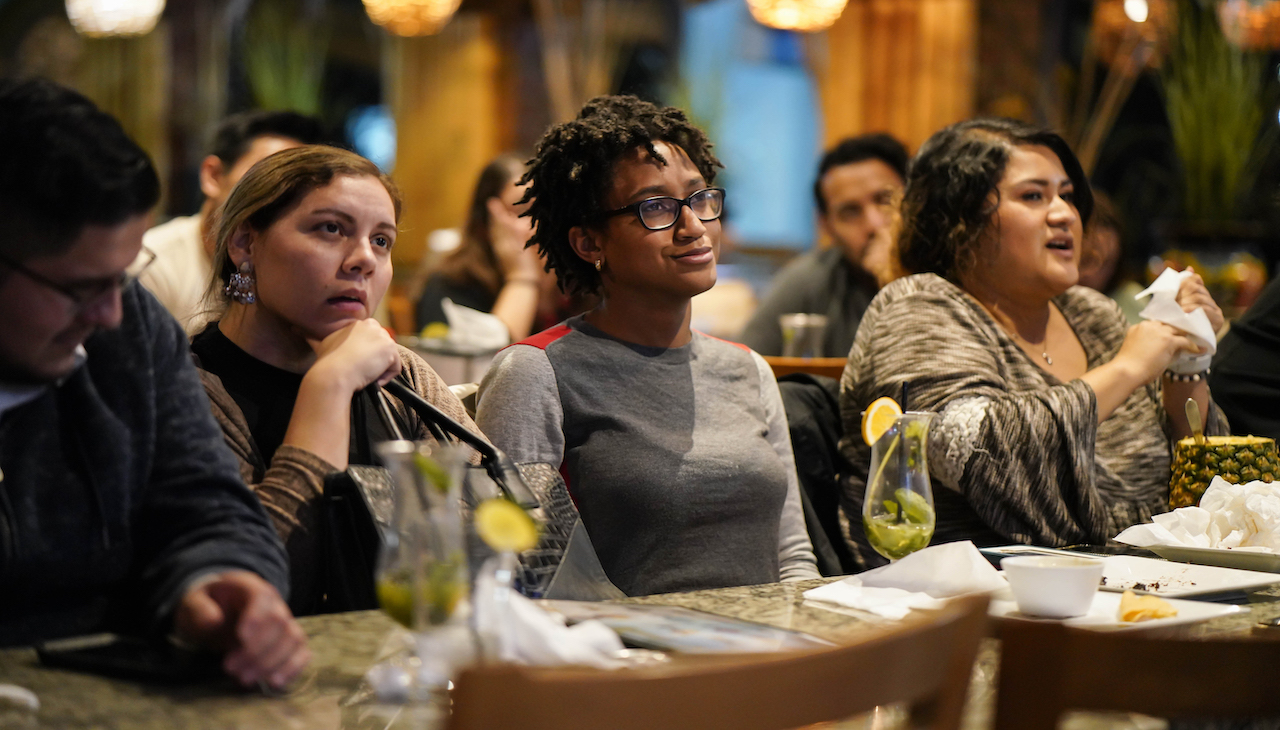
Georgia’s Latinos get ready for a second round of midterm voting
The Georgia run-off election is on Dec. 6, and Latino operatives are working towards a strong turnout.
The battleground state of Georgia continues to feel the residual heat of the midterm elections as the state prepares for a final race with a U.S. Senate seat hanging in the balance, and Latino groups are mobilizing for a second wind.
Debbie Mucarsel-Powell, a former Florida Congresswoman who campaigned for Democrats ahead of the midterms, is one of the many boots on the ground in Georgia to speak directly to Latino voters.
“I’ve had various conversations with entrepreneurs, small business owners, activists, organizers, and they’re all fully committed,” Mucarsel-Powell, who hopes to reignite voter sentiment in the Georgia run-off, said in an interview with AL DÍA News.
“They understand the importance of reaching out to Latinos all over the state and talking to them one-on-one, reminding them that there’s a special election.”
The run-offs, scheduled on Dec. 6, will give voters a second chance to choose between Reverend Senator Raphael Warnock, the Democratic incumbent, and Herschel Walker, the GOP’s nominee and a former football star who found political notoriety through an endorsement from former President Donald Trump.
A voting deficit precluded either candidate in November from securing the required 50% majority to be declared the winner, resulting in a run-off pursuant to Georgia law.
With early voting well underway, operatives are back in communities that could help sway the outcome, among them Latino Georgians, who make up 5% of the state’s voting population.
In a race that could be called through a 1% margin, the focus is on Latinos.
“You find a whole range of voters,” Mucarsel-Powell noted. “There are voters who need to be reminded there’s a special election, there are voters that find that they don’t feel connected to the political system, and you have to remind them why they have to be engaged (...) they have to be active participants in every election,” she added.
Data from Georgia’s Secretary of State’s Office indicates that 88% of registered Latino voters are active and have voted in the last two electoral cycles, a key provision for that category.
Groups like GALEO and Mi Familia Vota, which stationed canvassers in Georgia, are hoping to leverage active voting groups to revive turnout, in a continuance of a years-long effort to drive Latinos to the polls.
RELATED CONTENT
But a significant challenge, Mucarsel-Powell says, is that “there aren’t a lot of voices nationally or statewide, that are Latino voices that can actually connect with Latinos here in Georgia and across the country. That’s something we need to do a better job of featuring.”
It’s largely accurate that there are limited voices, although it was a record year for candidates and newly elected officials of Latino and Hispanic descent.
Georgia alone elected four candidates into office at the state level — including incoming State Rep. Rey Martinez (R-Loganville), State Rep. Phil Olaleye (D-Atlanta), and state Sen. Jason Esteves (D-Atlanta). Newly-elected State Rep. Saira Draper (D-Atlanta) is also half-Spanish and identifies as Hispanic.
An increase in Latino presence in the political sphere could help curb historically disengaged communities who, according to Latino voting advocacy groups, have a trail of political neglect from more traditional bids.
“That’s something we need to do a better job of. Featuring and lifting up the voices of Latinos that are in leadership positions that can speak to Latinos here and talk about the importance of being active participants in the election system,” Mucarsel-Powell said.
Political hopefuls, more often than not, send operatives to communities that hold no connection to them, according to Jimmy Torres, President of Boricua Vota, a voting advocacy organization based in Florida.
“In order for people to understand the message, the message has to be tailored to that particular community,” Torres said. “Do you have a consultant that hears radio stations in Spanish, that reads the local paper, that goes to the same supermarket that other people go?” Torres told AL DÍA in a previous interview.
Mucarsel-Powell agreed and, in good measure, added that “we can’t continue to show-up weeks before an election. There’s a lot of work to be done, and [there are] a lot of organizations that have been building on that work” she said, noting the significant 57.7% increase in registered voters since 2016.
An unwavering devotee of the Latino community and vote, what Mucarsel-Powell hopes to impress in her trip is the “power to determine the outcome of the elections (...) We have the power to put in place representatives who respect our community, [and] put our communities interest first.”


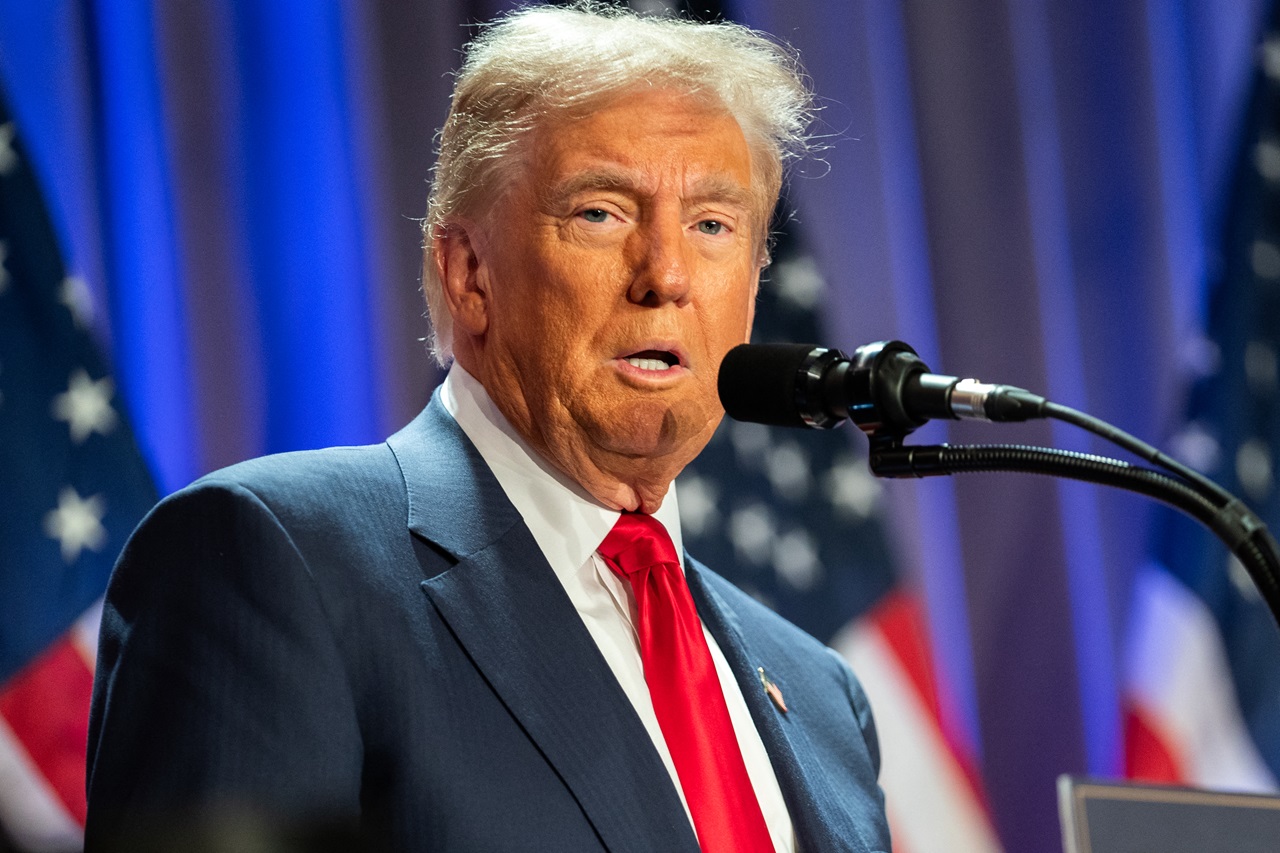
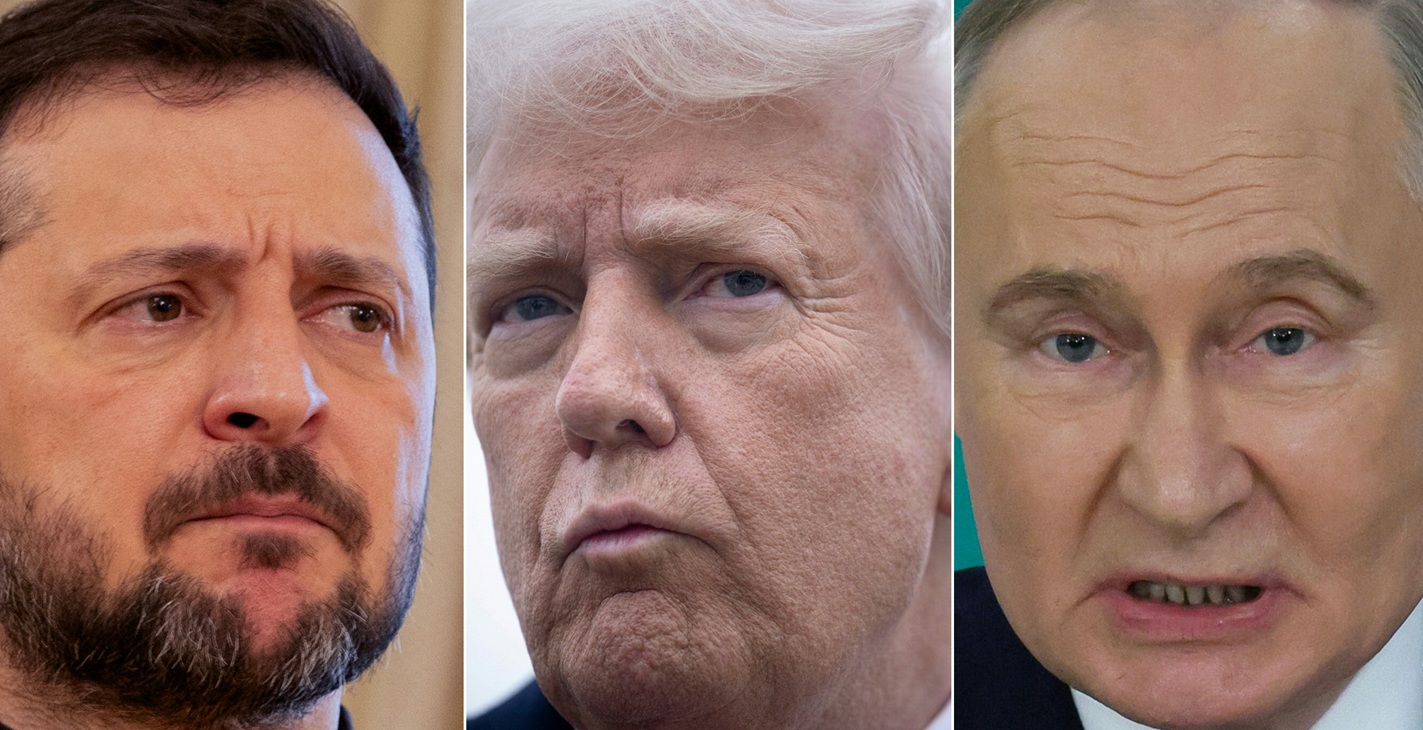

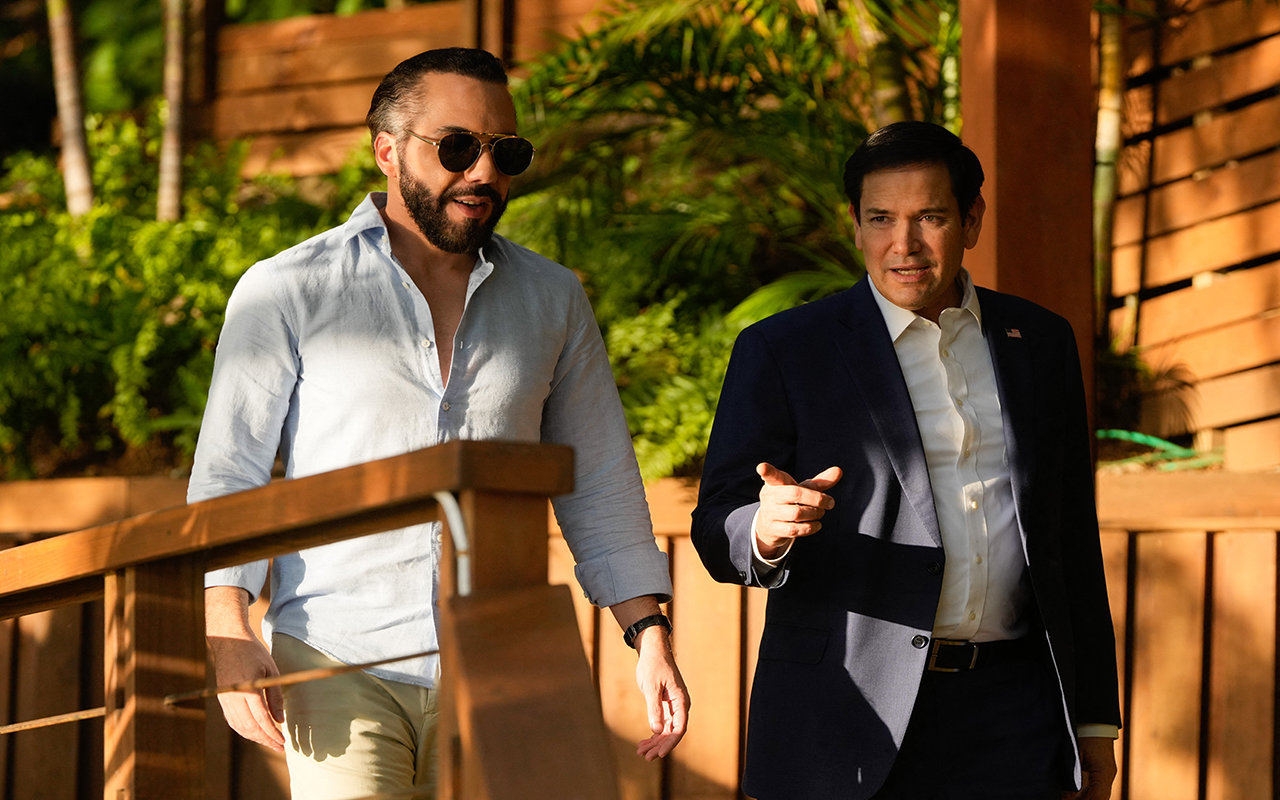

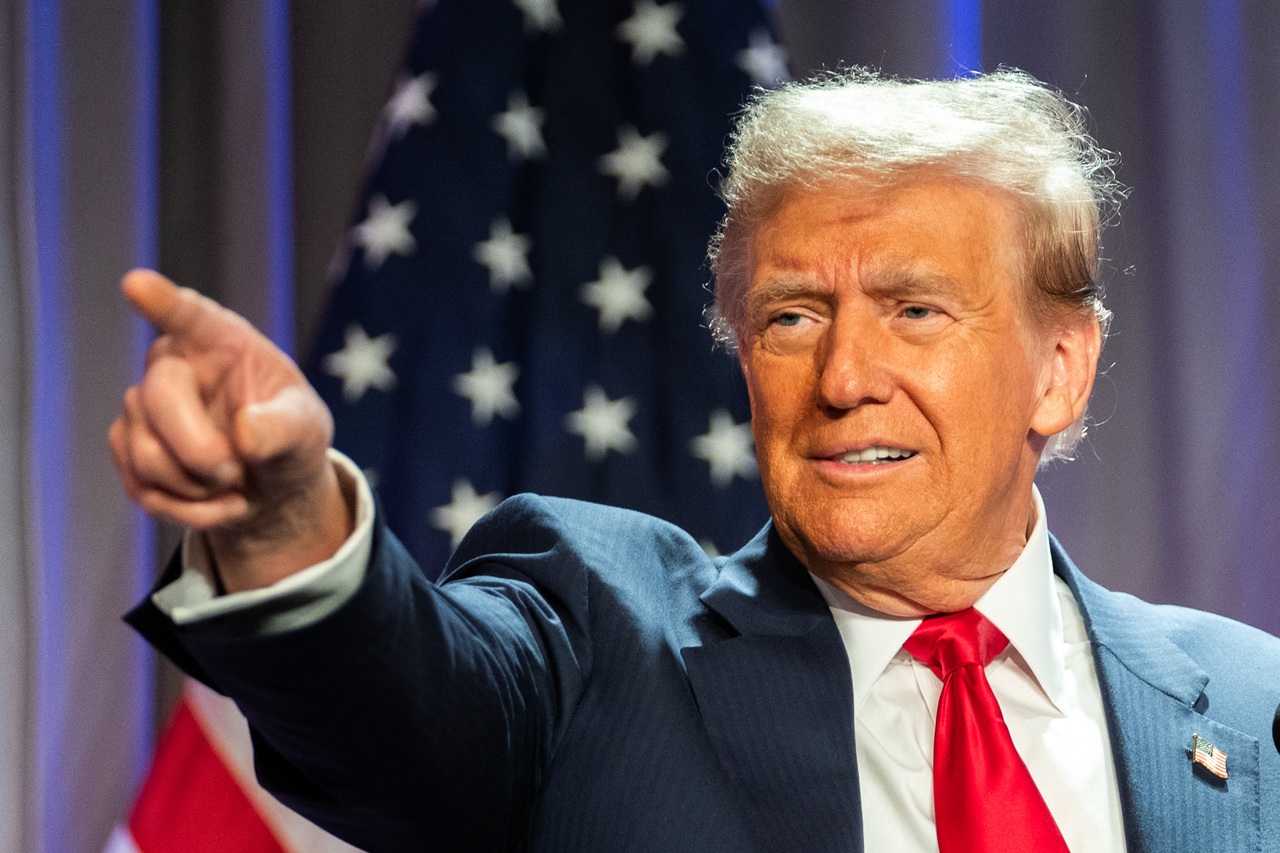
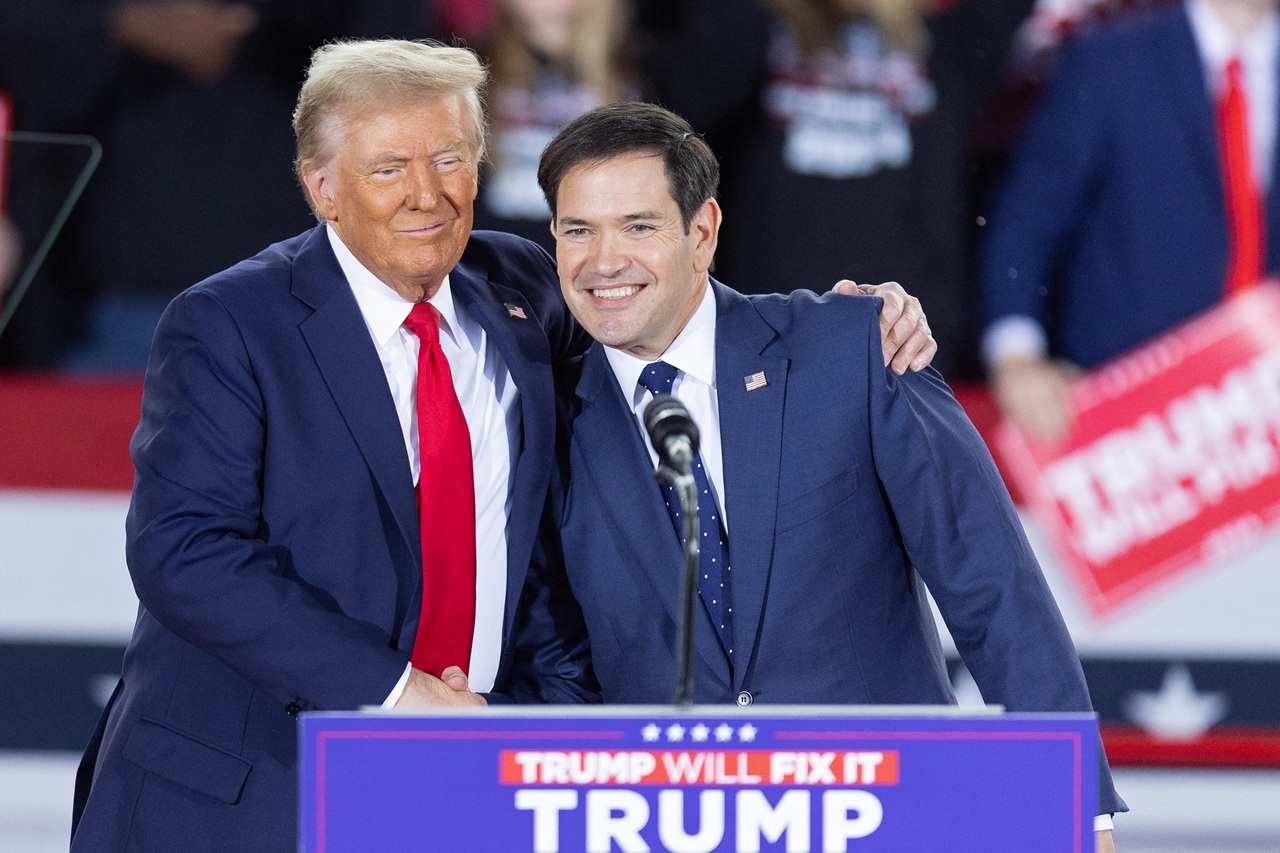


LEAVE A COMMENT: